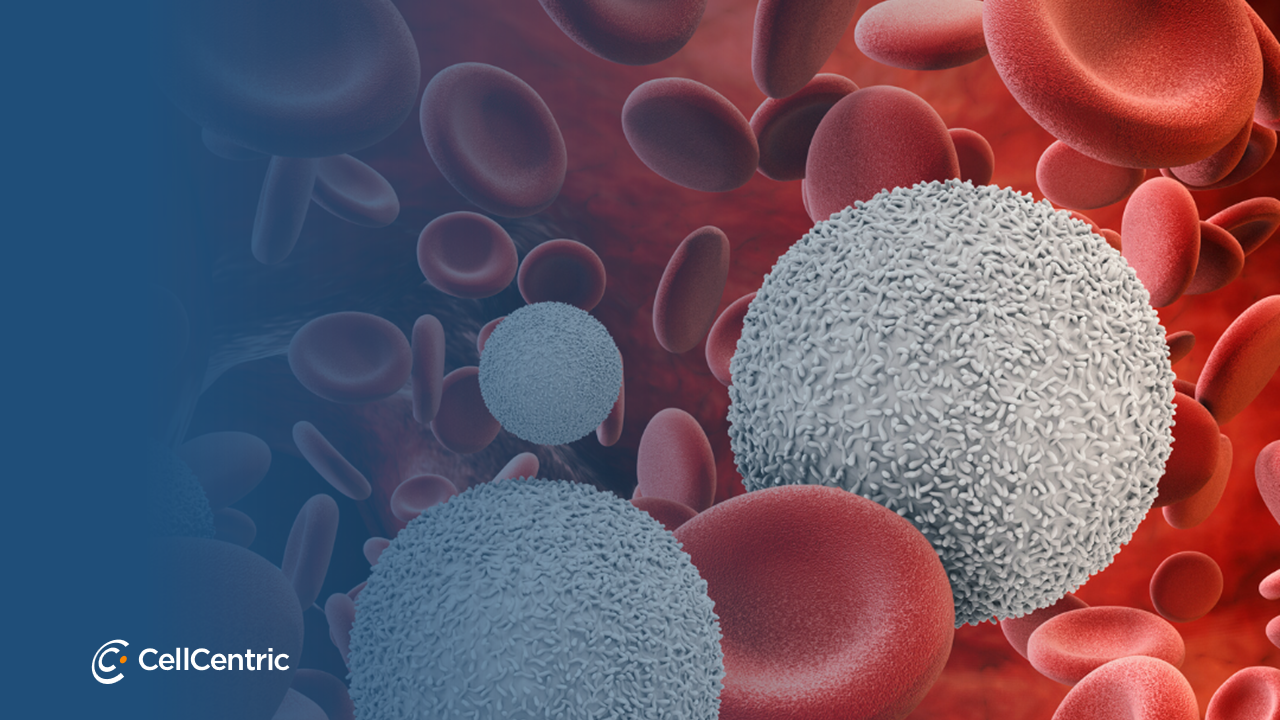AACR poster 2017: http://www.cellcentric.com/aacr-poster-2017
CCS1477 is an orally-bioavailable small molecule drug that targets the twin, paralogue proteins p300/CBP. These are histone acetyl transferases that also act as transcriptional coactivators. They play an important role in gene regulation, as well as controlling androgen receptor turnover in cancer cells.
CCS1477 radically reduces androgen receptor (AR) levels, as well as AR-splice variants, key drivers of the aggressive castrate resistant form of prostate cancer (CRPC). The compound additionally down-regulates other key cancer drivers such as c-Myc, as well as inhibiting AR target-genes including PSA and TMPRSS2.
The compound has been proven effective in an in vivo xenograft model of 22Rv1 cancer cells that express full length AR and AR splice variants. CCS1477 causes complete tumour growth inhibition at doses that are well tolerated. This is accompanied by suppression of plasma PSA levels to below the limit of detection. Notably, tumour inhibition is sustained following drug withdrawal. AR, AR-splice variants and c-Myc are all reduced following a single 30mg/kg dose of CCS1477. Cleaved PARP, a marker of cancer cell death, is increased at a higher dose of 100mg/kg.
Data presented at AACR also demonstrate the potential to apply p300/CBP inhibitors to cancers beyond prostate. A compound from the CCS1477 medicinal chemistry series is shown to inhibit cancer cell lines that have a loss of function gene mutation in either p300 or CBP (e.g. LK2). The inhibition is thought to be via a synthetic lethality mechanism, where the tumour cell becomes dependent on the remaining non-mutated paralogue. This represents a clinical opportunity in up to 25% of small cell lung cancers, and 30% of bladder cancers. Further applications that may be explored include acute myeloblastic leukemia (AML).
Dr Nigel Brooks, CellCentric’s Director of Translational Science, commented ‘This is a really exciting phase for CellCentric, as we focus on the mechanism of action of p300/CBP inhibitors and how that relates to treating specific cancer patient populations.’ The company aims to be ready for testing CCS1477 in patients by the end of the year.
The AACR poster presented has co-authors from the Sidney Kimmel Cancer Center at Thomas Jefferson University, Philadelphia, USA, with Director Karen Knudsen; Axis Bioservices, Coleraine, UK; and Sygnature Discovery, Nottingham, UK.
About CellCentric
CellCentric is a biotechnology company developing novel cancer therapeutic products, based on its knowledge of epigenetics. The company was co-founded with Prof Azim Surani FRS CBE of University of Cambridge, and one of the earliest pioneers in the space.
CellCentric has identified and investigated multiple potential drug targets associated with epigenetic regulation, and has carried out early drug discovery on six. One of these, an arginine methyltransferase programme was licenced to Takeda Pharmaceuticals. The company’s own lead programme is the development of first-in-class inhibitors of p300/CBP histone acetyltransferases. These have potential for the treatment of the aggressive form of prostate cancer (CRPC), as well as other cancers through a synthetic lethality mechanism.


